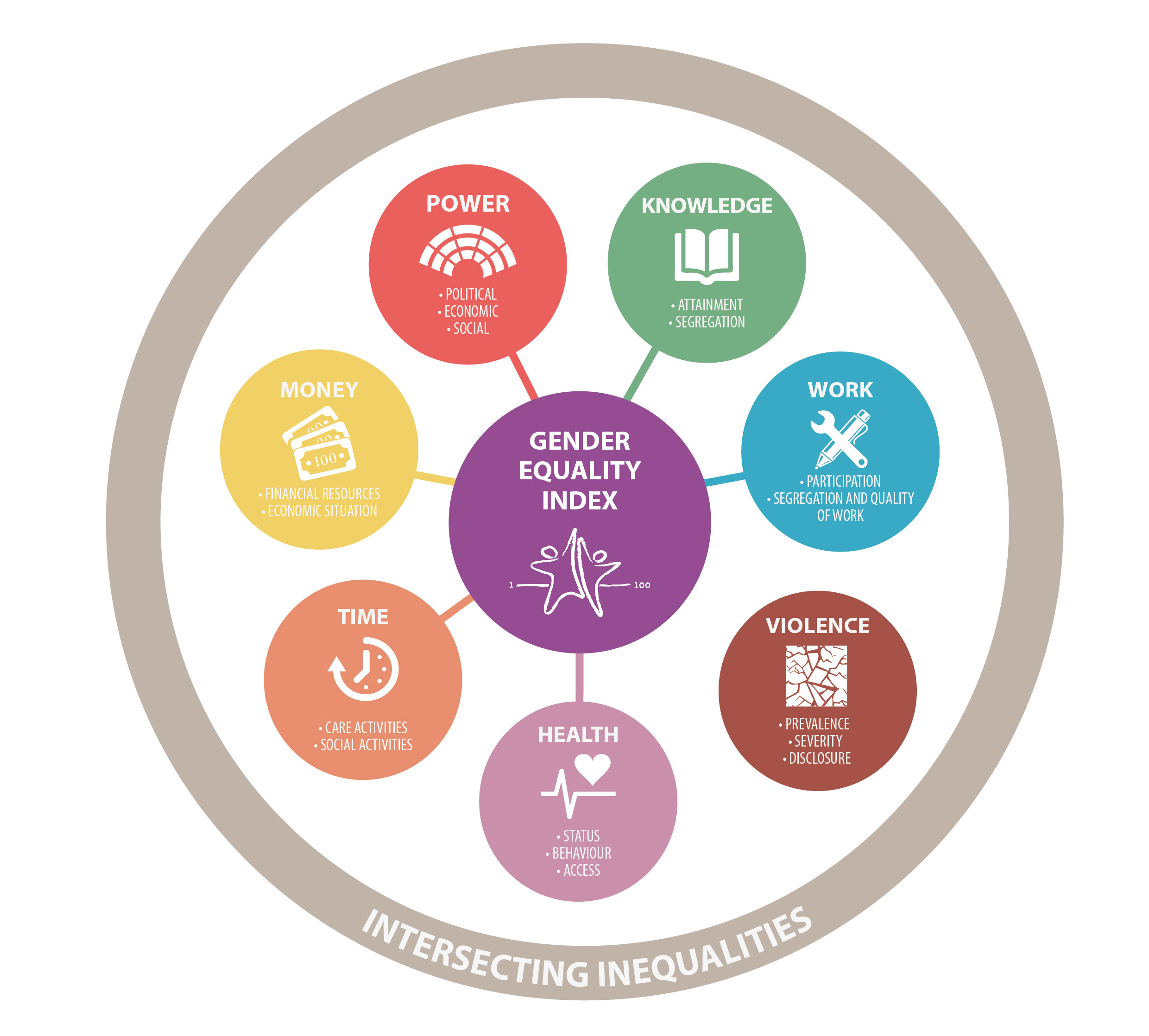Photo credit: Wikimedia Commons
Context:
Gender equality is everyone’s battle and it is critical that men understand that this includes them. Gender inequality has profound consequences for all of humanity–there is no area where this is more clear than in matters of peace and security.
In the News:
“The United Nations and its agencies have prioritized women’s rights for decades and recognized the impediments to gender equality globally. Numerous resolutions, agencies, conferences, and declarations have been adopted, established, held, and written. Often, however, the actual work and effort expended towards achieving greater gender equality falls on women alone. Worse still, gender equality is viewed by some in a limited sense as a “women’s issue” that is not really of concern to men.”
“But whose battle is gender equality? It is everyone’s battle, and it is critically important that men understand that this includes them. Gender equality is a universal agenda and its absence has profound consequences for all of humanity. There is perhaps no area where this becomes clearer than in relation to matters of peace and security. We know that during conflict, dangerous gender dynamics are pervasive. There is an increasing recognition of the particular violence that is used against women and girls in conflict zones—both as a byproduct and as an intentional weapon of war, including the use of sexual violence, as recognized in the 2018 Nobel Peace Prize.”
Insight from Peace Science:
“Research has found that “the very best predictor of a state’s peacefulness is not its level of wealth, its level of democracy, or its ethno-religious identity; the best predictor of a state’s peacefulness is how well its women are treated.” While we still do not fully understand the complex relationship between gender and security, we do know that there is a strong correlation between “gender inequality” and the occurrence and reoccurrence of armed conflict. This has been found in a number of empirical studies, whether measuring conflict between states or within states.”
“After conflict, or in the continuous process of building peace, the role of women is essential. Researchers, policymakers, activists, and practitioners are increasingly recognizing the potential for societal transformation in efforts to create and sustain peace, if only we ensure women are substantively engaged in these efforts.Statistical reports have found that when women are included in peace processes as witnesses, signatories, mediators, or negotiators there is a 20 percent increase in the probability that any agreement will last at least two years, and a 35 percent increase that it will last at least 15 years. So the research is clear: women’s security and gender dynamics are critical to preventing conflict, resolving conflict, and rebuilding after conflict. This is an issue that impacts us all. And we have known this connection for some time. In 1915, over 1,000 women gathered in The Hague to appeal for the end of World War I, forming the Women’s International League for Peace and Freedom. In the intervening decades, understanding and support for women’s roles in all peace and security matters has grown. This includes, for better or for worse, the UN Security Council formal link between gender equality and the maintenance of international peace and security via its resolution 1325 in 2000.”
References:
“In Peace and in War Gender Equality Is Everyone’s Battle” By Adam Lupel & Sarah Taylor for IPI Global Observatory. December 13, 2018.

